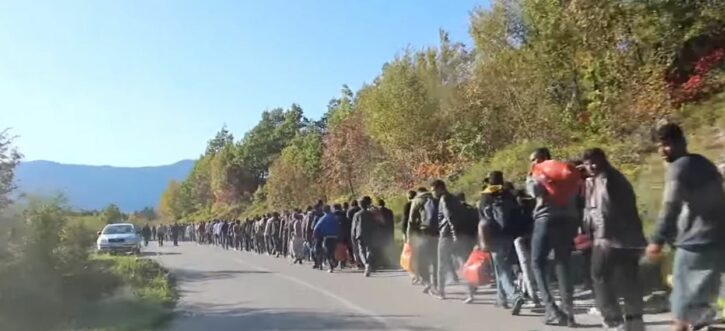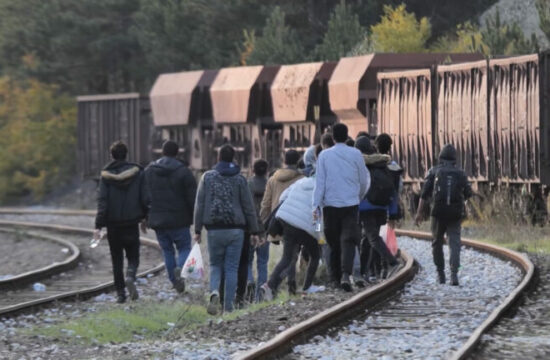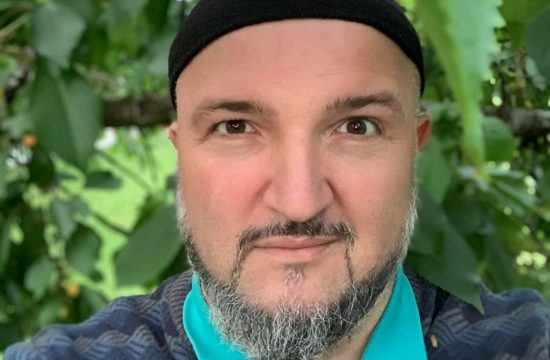
The Una-Sana Canton's (USK) Interior Ministry started relocating hundreds of illegal migrants residing in the northern Bosnian city of Bihac to the newly formed Vucjak migrant centre, Uskinfo.ba portal reported on Tuesday.
Some 250 migrants who resided in Bihac's parks, abandoned buildings and buildings not registered as accommodation facilities were moved to the Vucjak migrant centre on Tuesday afternoon.
The centre itself is a hot topic with international institutions who deem it unfit for the settlement of migrants due to lack of basic living conditions.
The migrants residing in Vucjak faced temperatures over 30 degrees Celsius during the summer were and forced to sleep in tents. International humanitarian organisations said they would not offer any help for the camp and the EU was against this location because of its immediate proximity to the EU / Croatian border.
The USK authorities estimate that Vucjak camp currently houses some 1,500 to 2,000 migrants and that previously some 1,000 resided there.
The Uskinfo.ba published a video of police officers leading a group of almost a thousand migrants to the Vucjak migrant centre.
Suhret Fazlic, the Mayor of Bihac, said Tuesday in Sarajevo that the migrant situation in this town is escalating fast and if the State authorities do not provide additional financial aid to this canton, he said he will lead a protest of USK residents in front of the Bosnian Parliament building in Sarajevo.
He warned that this winter could prove to be a humanitarian catastrophe for the migrants who have nothing but blankets on them.
Last year, 25,000 migrants entered the country and competent authorities estimate that there are some 9,000 of them in the country right now.
Migrants started flocking to Bosnia after Bulgaria and Hungary imposed strict border controls and stopped migrants from entering their country, effectively blocking the migrants’ “Balkan route.”
They have no wish of staying in Bosnia or eastern EU member states, though, but want to continue their path to Western EU states like Germany, France and Austria, hoping to find a better life.
Of the 9,000 migrants residing in the country, authorities say only about 8 percent are refugees, the rest being economic migrants.



